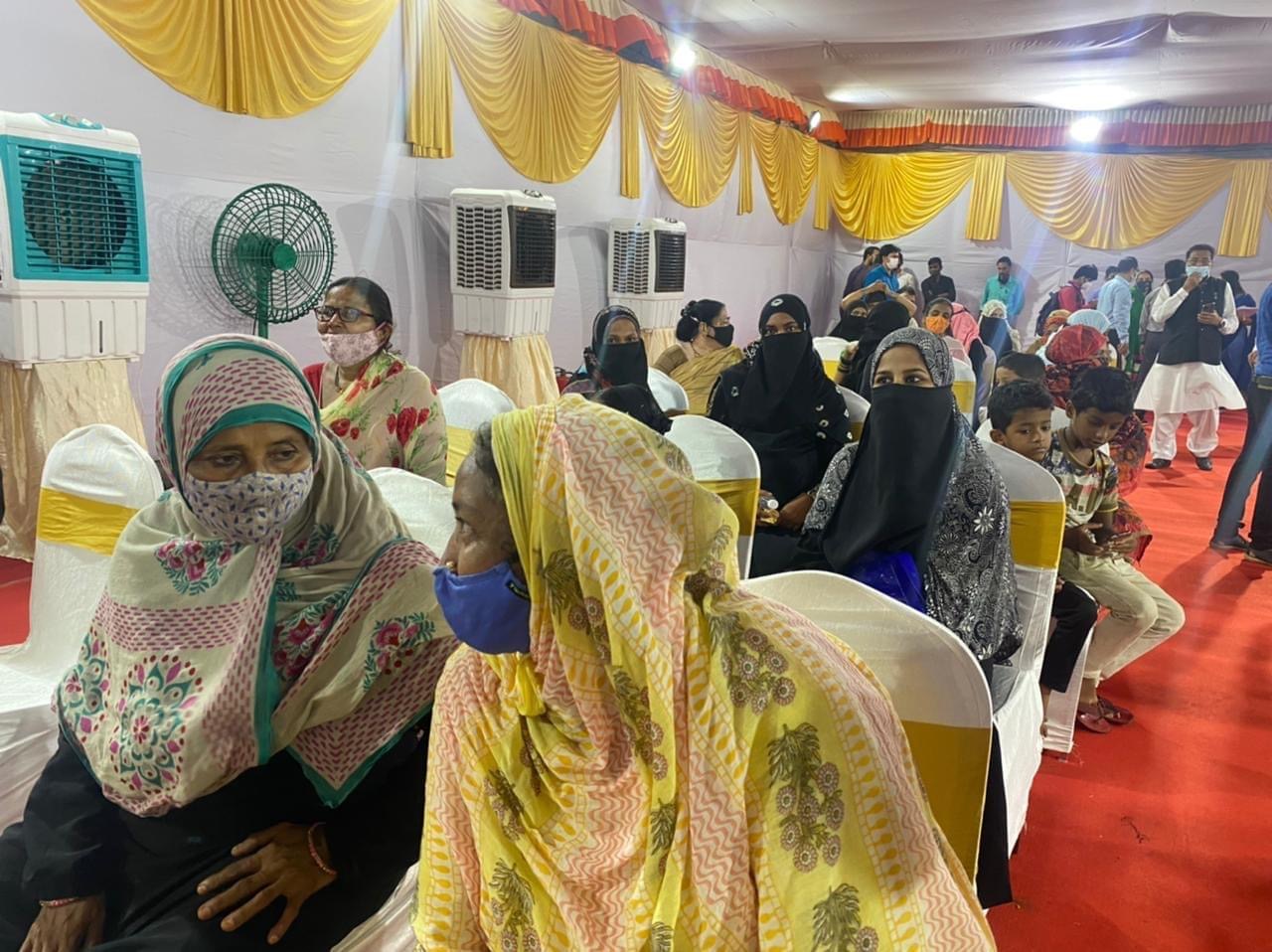NEW DELHI: Congress Member of Parliament (MP) Imran Pratapgarhi has voiced strong opposition to the recently passed Waqf (Amendment) Bill, 2025, alleging that the government…
View More Congress MP Imran Pratapgarhi Slams Waqf Bill, Alleges Govt Distraction TacticsAIMPLB
AIMPLB rallies against Waqf bill at Jantar Mantar
NEW DELHI: The All India Muslim Personal Law Board (AIMPLB) spearheaded a protest at Jantar Mantar in New Delhi today, rallying against the controversial Waqf…
View More AIMPLB rallies against Waqf bill at Jantar MantarMuslim Personal Laws are subservient to Indian Constitution, rule of law
In a landmark reminder of India’s constitutional supremacy, the recent Madras High Court ruling has reiterated a fundamental principle: no religious law or council can…
View More Muslim Personal Laws are subservient to Indian Constitution, rule of lawMadras High Court’s timely reprimand on Shariat Council
The recent ruling by the Madras High Court’s Madurai bench, which declared that the Shariat Council is not a court and cannot issue divorce certificates,…
View More Madras High Court’s timely reprimand on Shariat CouncilUniform Civil Code – A Ray Of Hope For Indian Muslim Women
The topic of Uniform Civil Code (UCC) dates back to the colonial period and later made its presence felt during post-independent India era where mostly…
View More Uniform Civil Code – A Ray Of Hope For Indian Muslim Women









